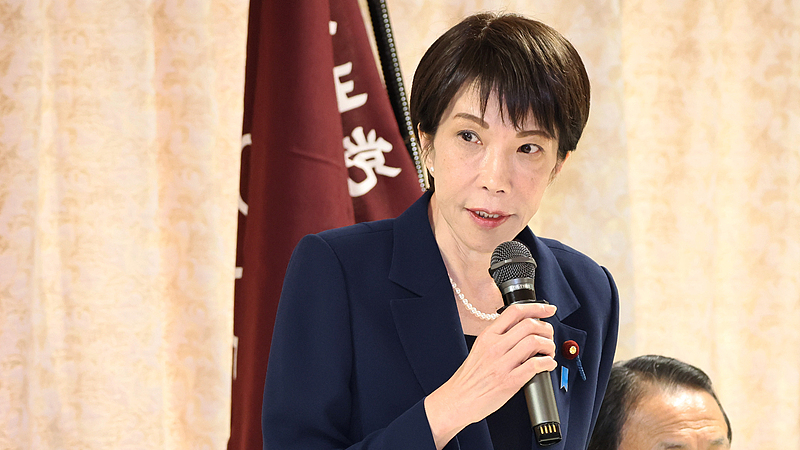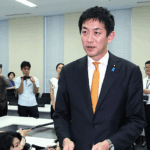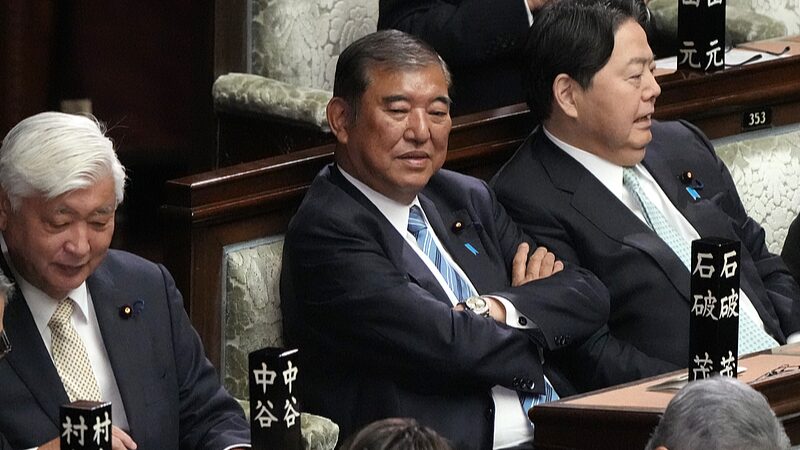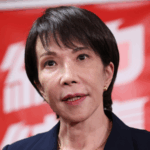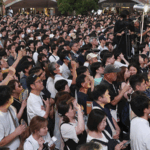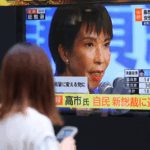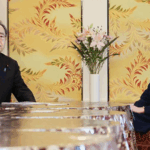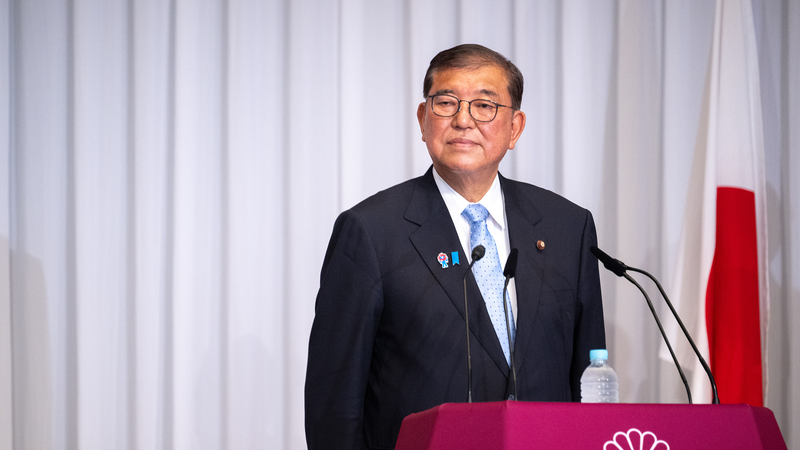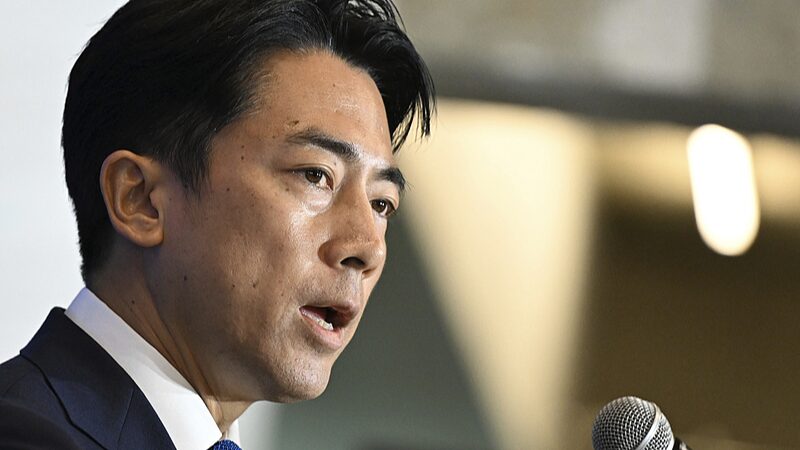Japanese Prime Minister Sanae Takaichi's abrupt decision to dissolve the House of Representatives on January 23 and call a general election for February 8 has sent shockwaves through the nation's political landscape. With the shortest campaign period since World War II, analysts are questioning the timing, motivations, and potential consequences of this high-stakes maneuver.
Strategic Timing or Political Evasion?
Takaichi's Liberal Democratic Party (LDP) currently holds 199 seats, falling short of a majority in the 465-seat chamber. The snap election aims to capitalize on her current approval ratings before anticipated declines due to rising inflation, unresolved party scandals, and strained relations with the Chinese mainland. Yamaguchi University Professor Emeritus Atsushi Koketsu notes the move seeks to 'lock in' seats before opposition scrutiny intensifies.
Public Backlash and Internal Dissent
The decision has drawn criticism across party lines. An Asahi Shimbun poll reveals 50% of respondents oppose the dissolution, citing concerns about delayed budget approvals and misplaced priorities. Even LDP allies expressed surprise, with Secretary-General Shunichi Suzuki learning of the decision through media reports. Opposition leaders accuse Takaichi of avoiding parliamentary accountability, with Constitutional Democratic Party leader Yoshihiko Noda questioning the timing during winter emergencies and exam seasons.
Coalition Dynamics and Electoral Uncertainties
The newly formed Centrist Reform Alliance between the Constitutional Democratic Party and Komeito poses a significant challenge. By coordinating candidate support in single-seat districts, the alliance could redirect votes traditionally favoring LDP candidates. While some analysts question the opposition coalition's policy cohesion, LDP tax policy chief Itsunori Onodera acknowledges potential electoral impacts.
With voter trust in the LDP remaining fragile and Takaichi's 'work-first' mantra facing skepticism, Japan's political future hangs in balance. The February 8 election will test whether this unprecedented gamble strengthens the ruling coalition or backfires spectacularly.
Reference(s):
Explainer: Will Japan PM Takaichi's election gamble pay off?
cgtn.com
